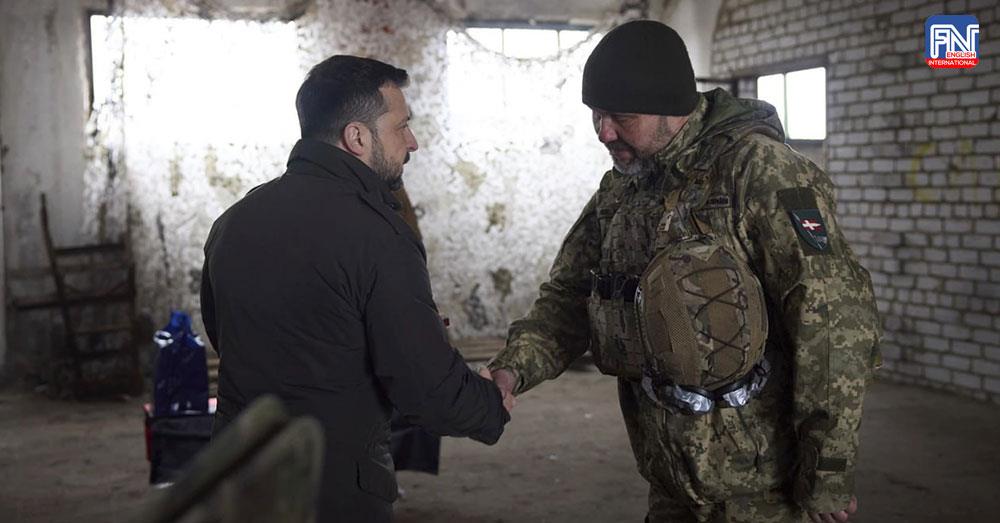KYIV, Ukraine (AP) — The U.N.’s humanitarian appeal to meet needs in Ukraine is only 10% funded for 2024, the country’s resident coordinator said Wednesday, putting in jeopardy crucial assistance needed to reach those in need across frontline areas.
Denise Brown, the U.N’s top representative in Ukraine, said an estimated 8.5 million Ukrainians living in dire conditions near combat zones risk going without basic humanitarian deliveries, including food and water. The U.N.'s annual appeal for Ukraine is $3.1 billion.
“If we don’t receive that money, I don’t know where that money is going to come from,” Brown told The Associated Press in an interview. Without the funds, “we won’t be able to sustain the high number of colleagues that we have here who are absolutely dedicated to humanitarian support.”
As the future of military aid to Ukraine hangs in the balance, Brown is lobbying the international community and private sector to remember that humanitarian needs are also high.
Ukraine’s economy is still suffering the aftermath of Russia’s full-scale invasion two years ago, families are separated by war and millions of Ukrainians living near front-line areas have little access to food and are unable to meet basic needs.
“There’s a lot left to support,” Brown said.
The U.N.’s aid deliveries to such areas across the front line, where electricity and running water are scarce, often consist of basic supplies, Brown said. U.N. teams, along with partner organizations, make deliveries across embattled zones in Kherson, Zaporizhzhia, Donetsk and Kharkiv.
In 2023, deliveries targeted 11 million people.
Needs include water and hygiene kits, which include toothpaste, toilet paper and sanitary napkins. “Very often it’s things like adult diapers because of the elderly people in those communities who don’t have mobility,” said Brown. “So basic, but crucial.”
The intensification of battles hinders the U.N.’s access or limits delivery times. Front-line areas like Chasiv Yar in the Donetsk region, for example, was inaccessible for several months.
“So we’re always hoping that the last supplies that were delivered will be enough to carry people through,” she added.

Photo from AP